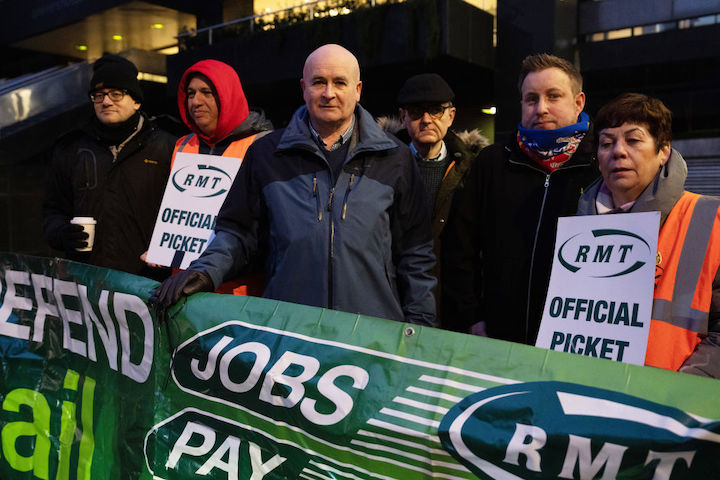With five continuous days of rail strikes this week, it’s beginning to look like we’re reaching an endgame. Someone, or something, has got to give. And it must be becoming gradually clear to the RMT’s Mick Lynch – and the other unions involved – that they won’t necessarily be the ones left standing at the end. They might like to think they have the power to bring the country to its knees, but the past few months has shown the folly of believing that. Even before the current strikes, rail passenger numbers were only three-quarters of what they were before the pandemic. All sorts of organisations have learned to work remotely when they need to. Nor, in contrast to the 1970s, do we rely on coal trains to keep power stations working. The only growth in rail travel at the moment is for leisure. London theatres and restaurants are suffering deeply, but that won’t bring down the economy.
Whichever way you look at it, our railway system can’t carry on as it is
These are the essential statistics showing why no government could agree to above-inflation pay rises for rail workers. For

Get Britain's best politics newsletters
Register to get The Spectator's insight and opinion straight to your inbox. You can then read two free articles each week.
Already a subscriber? Log in







Comments
Join the debate for just £1 a month
Be part of the conversation with other Spectator readers by getting your first three months for £3.
UNLOCK ACCESS Just £1 a monthAlready a subscriber? Log in